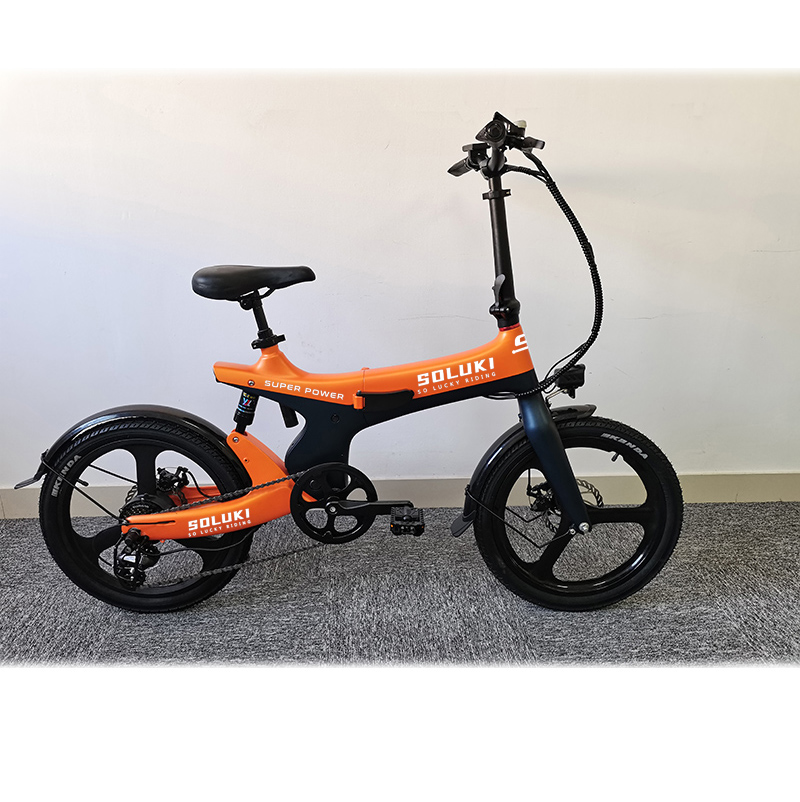1.Reduced Energy Consumption: Lighter magnesium alloy frames make electric bicycles more energy-efficient, requiring less power to move and potentially
reducing the frequency and duration of battery charges.
2.Eco-Friendly Material Production: Producing magnesium alloy typically requires less energy than other metals, contributing to lower greenhouse gas emissions
during its manufacturing process.
3.Recyclability: Magnesium alloys, like aluminum alloys, are recyclable, which means that the material can be reused at the end of the bicycle's life cycle, thereby
reducing waste and the need for new raw materials.
4.Enhanced Range: Due to their lighter weight, electric bicycles with magnesium alloy frames can travel longer distances on a single battery charge, making them
more suitable for replacing car trips and thus reducing fossil fuel consumption and carbon emissions.
5.Durable and Maintenance-Friendly: Magnesium alloys are known for their durability, which means that electric bicycles built with these frames may have longer
lifespans and require less frequent replacement or repair, contributing to resource conservation and sustainability.
By integrating magnesium alloy electric assist bicycles into daily commuting and leisure activities, individuals can contribute to a reduction in carbon footprint, promote
sustainable mobility, and support the transition towards greener transportation options.
